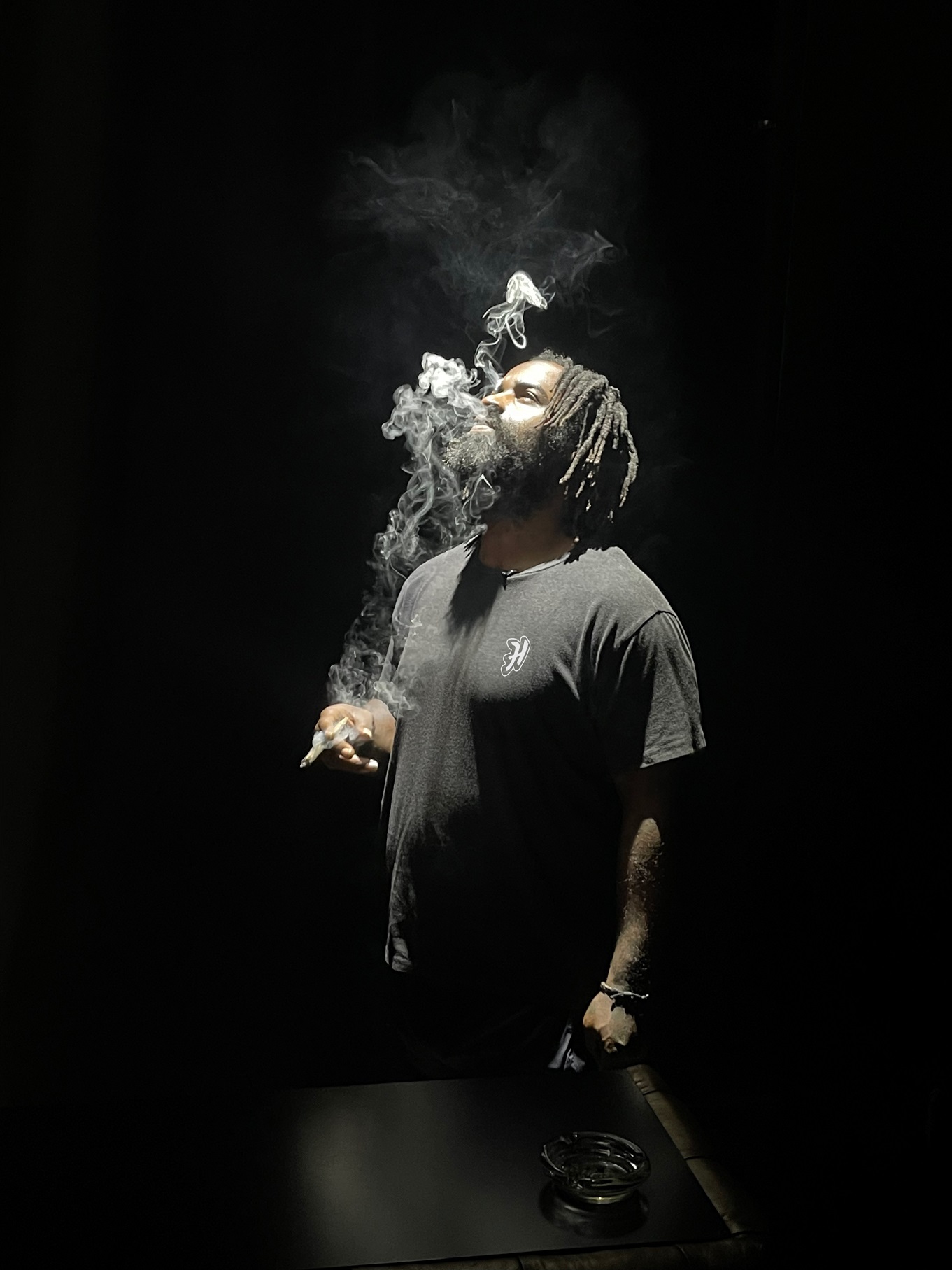Connect with us
Published
8 months agoon

Ex-NFL running back, and current cannabis professional and advocate, Ricky Williams has been outspoken about the regressive ideas around cannabis since he retired and entered the industry himself, especially as they pertain to sports and sports-related training and injuries.
Recently, Williams sat down with TMZ Sports to talk more about the state of cannabis as it pertains to professional sports. While he said that the NFL is moving in the right direction after easing its stance on cannabis over the past few years, Williams told the outlet he’s hoping the organization will soon go a step further.
Specifically, Williams said he wants the NFL to allow teams to treat players with cannabis products after games.
During the 2021 offseason, the NFL and NFL Players Association approved changes to the league’s cannabis policy. Specifically, players must not only test for cannabis once per year at the start of training camp. Should players fail that test, they are only subjected to a fine, rather than the lengthy suspension they would have faced in the past.
Williams himself was suspended five times and missed a fair amount of play time for violating the league’s substance abuse policy, namely the entirety of the 2006 season while suspended. He told Associated Press in 2016 that he went through “at least 500” drug tests during his 11-year career.
As the face of the Highsman cannabis brand, he’s already part of the societal shift around cannabis and plant medicine, but he’s hopeful the NFL will move away from pills and instead embrace cannabis for players during recovery.
“I think the next step, though, is at the end of a game, if we’re on the plane ride home, the trainer is walking down the aisle and has two capsule cases — one of Ambien, and the other one of Vicodin,” Williams said. “And he’s walking down the aisle and saying, ‘Do you need any of this, do you need any of this?'”
Williams recognized that football players often do need some kind of treatment after games, in dealing with pain and also simply calming their bodies down enough to rest up and sleep.
“I’d love to see cannabis as being one of those things that the trainer is walking down the aisle and offering to those players,” he added.
Williams isn’t the only one speaking out. Earlier this year, two-time Super Bowl champion and tight end Travis Kelce estimated that 50-80% of NFL players use cannabis in an interview with Vanity Fair.
Williams has also been vocal about the mental health benefits cannabis has offered him. He previously used Paxil to treat his own anxiety, though he told High Times in 2019 that cannabis helped him to embrace parts of himself that he “never really knew existed” or that he had long since buried.
While he was reluctant to speak broadly around cannabis and its ability to treat mental-health disorders, he said that cannabis personally helped him to see the world in a different way, “which opened possibilities and doors that I didn’t even know existed.”
“My classification of that is more of a spiritual type of medicine,” Williams said. “Something that gives you a broader perspective and allows you to see things differently. And in my path, in studying different healing modalities, other than the Western healing modality, I learned the main disease we have is a lack of connection to the universe or to spirit.”
During the TMZ Sports interview, Williams also spoke about the growth of Highsman, saying that for the team to “mess this up,” they’d “really have to try.”
“In this market, as far as having an authentic brand, because of the history of cannabis, you had to have been a criminal or a rebel or something. But also, we have a message that people connect to and people respond to. As a brand, we go into markets and say, ‘Hey, can we work together?’ It’s like, there’s no one who said ‘no,’ you know?”
Williams honed in on Highsman’s authentic message, capitalizing on the opportunities his team has been given, all the while growing quality products for a variety of consumers to enjoy.
“If we can be a person that makes that connection, on the cannabis side, that feels great to us.”


Clinical Trial To Assess LSD Microdosing For PMS


Survey: High-THC Flower Yields Few Serious Side Effects in Patients


Connecticut House Approve Bill Regulating Hemp Products


Hemp Clothing Market to Hit $23B by 2031, Report Predicts


Despite City Efforts, Hemp Shops Posing as Dispensaries Prevail in Las Vegas


Cannabis Community, Investors React to DEA Decision To Reschedule
